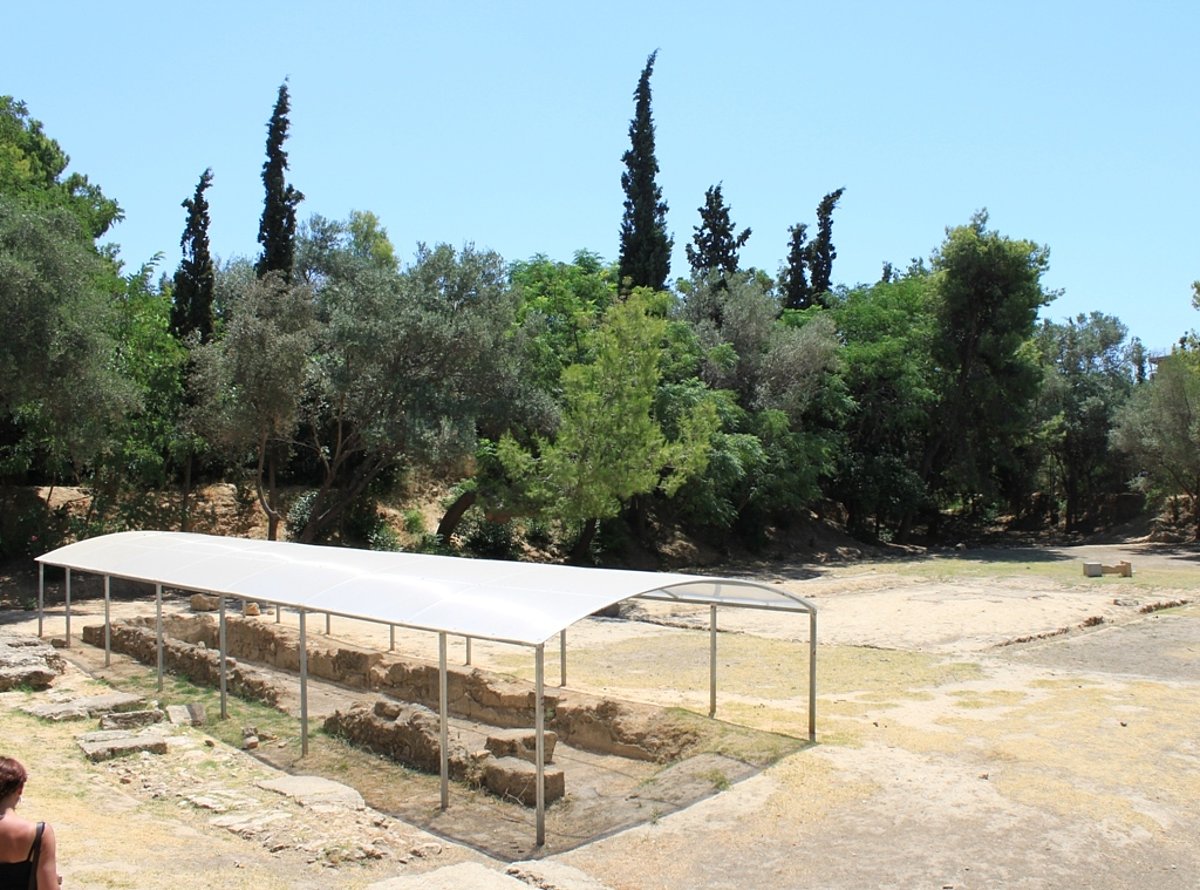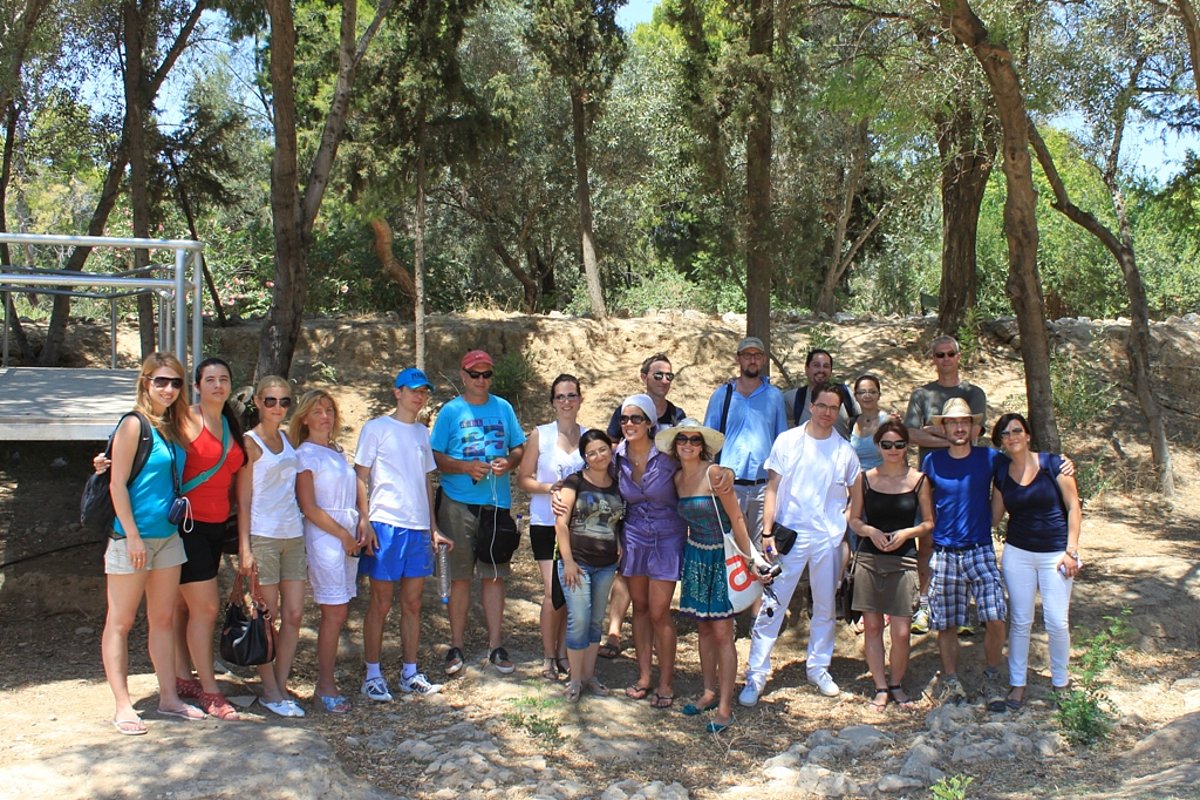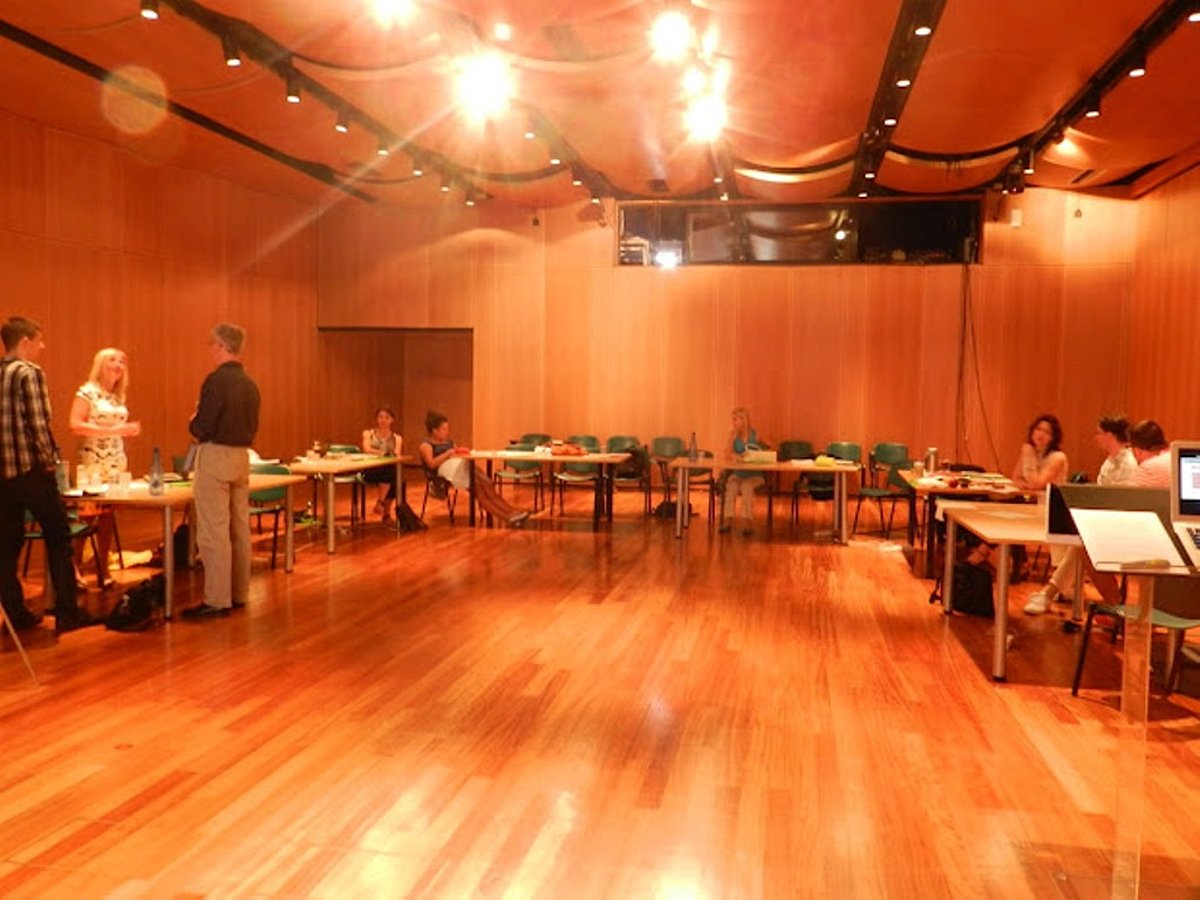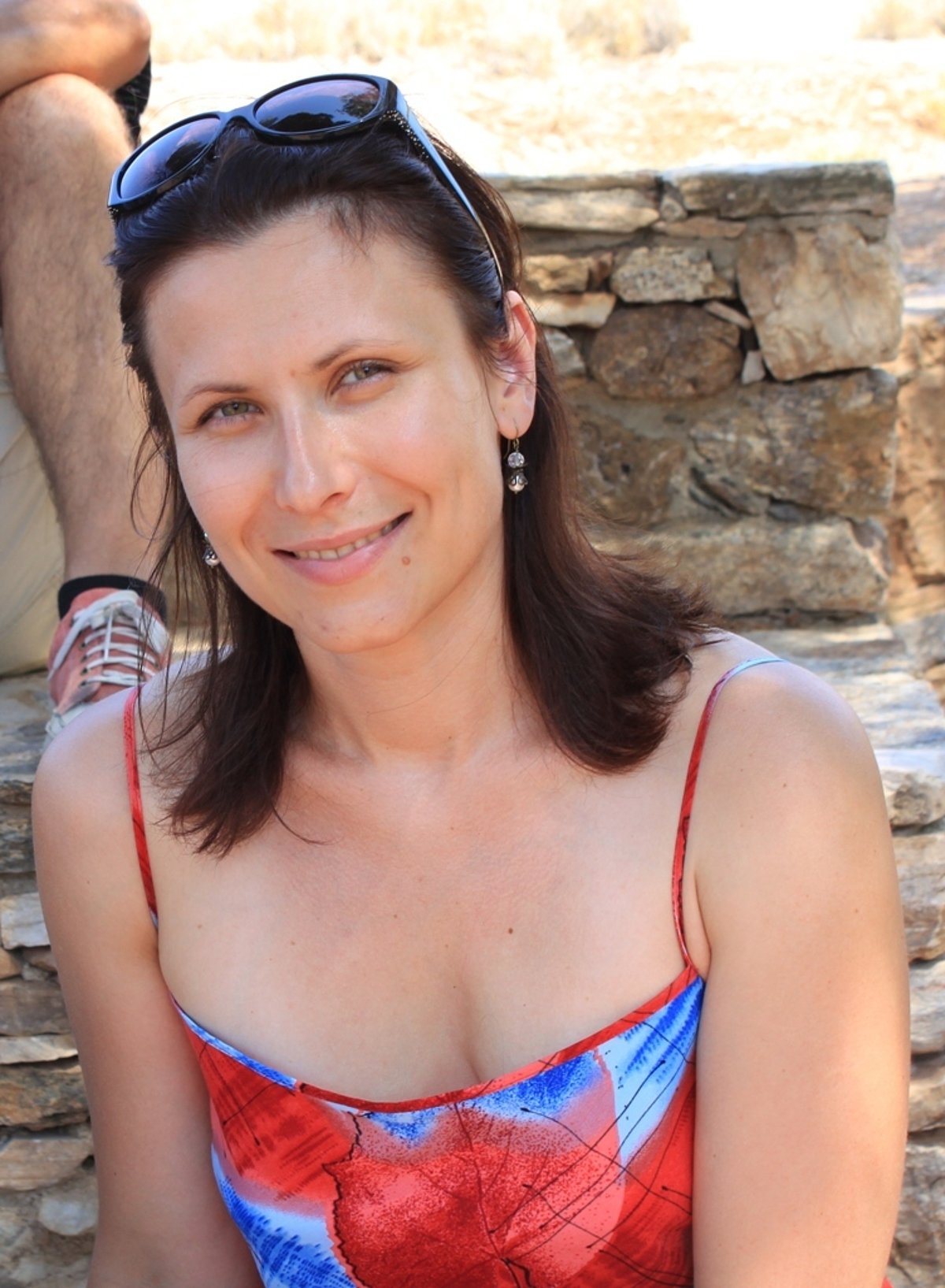
There were in total 20 students attending the first Summer School of “Plato’s Academy”; they were doctoral candidates, holders of doctoral degrees, and researchers of different scientific fields from 16 countries, such as Argentina, Armenia, the Czech Republic, Greece, Croatia, Italy, Israel, Montenegro, Cyprus, Latvia, Peru, Portugal, Serbia, Slovakia, Spain and Ukraine. The participants have professional background in Philosophy, Physics (including Biophysics), Politics, Information Technology, Natural Sciences (Medicine, Biology), Psychology, Law and other fields. Classical Philology was represented in the Summer School by B. Aleksejeva, a classical philologist and an ancient language specialist from the University of Latvia. The main precondition for participating in the Summer School was that a student should have a scientific background related to Philosophy of Science, for instance, investigating methods of research, underlying principles and other related aspects.
Referring to discussions on Philosophy of Science and its representation (incl. the language of science) initiated in the Summer School, B. Aleksejeva says that findings of her own doctoral studies on the language of science used nowadays in the area of Humanities and originating from ancient Greek philology texts, have been of great use (Doctoral Thesis on “The Language of the Ancient Greek Philology Texts”, 2011).
The Course of the Summer School included 16 lectures and 6 workshops held by professors from Academy of Athens, University of Athens, the School of Fine Arts of Athens, University of Bristol, University of California, University of Cyprus, University of Oxford, University of Patras, Pomona’s College in California and the Aristotle University of Thessalonica. One of the workshops dedicated to the aspects of creating a narrative was held by Apostolos Doxiadis, the author of a world-famous bestseller “Logicomix” (a graphic novel - comics about philosopher Bertrand Russell). All the lectures and workshops were delivered in English.
Their main themes were related to research aspects of Philosophy of Science, for instance: Experiment in Science; Merging the Senses: Synaesthesia in Philosophy, Science and Art; Representation in Art and Science; Ethics in Science: Forms of Scientific Responsibility; Bioethics: Conceptual Foundations, Principles, Methods, Problems; The Greek Miracle; The Visibility of Goodness; The Beginnings of Greek Science; Science and Truth etc. During the workshops a number of scientific challenges and moral dilemmas were discussed (e.g., euthanasia, cloning), aspects of creating a narrative were reviewed, and scientific research issues and their results interpretation were analysed. There was a workshop called ‘Why study nature?’’. Trying to find an answer to this question participants referred to ancient philosophers who studied the goals of Natural Sciences. Typically during all the lectures and workshops there were more questions asked than answers found. It was good in the view of exchanging thoughts and ideas, but, as B. Aleksejeva puts it, certainly quite exhausting.
From individual and professional point of view, B. Aleksejeva regards most valuable the following lectures: a lecture by Alexander Bird, professor of the University of Bristol, about “The changing nature of scientific knowledge”, lecture by Vasso Kindi, professor of the University of Athens, on “What is Science?”, lecture by John Hyman, professor of the University of Oxford, on “The Greek Miracle” and a workshop on “Logicomix” held by its author Apostolos Doxiadis.
In his lecture about “The changing nature of scientific knowledge” Alexander Bird touched upon the scientific ideas of the three prominent ancient Greek scientists - Aristotle (Physics), Ptolemy (Astronomy) and Galen (Medicine), and discussed approaches to diachronic assessment of their views, as well as possible abandonment, adoption and development of their methods.
During V. Kindi’s lecture on “What is Science?”, the students were encouraged to think whether some areas of research, conventionally named as scientific, do really fall under such classification (e.g. Medicine, Law, History, Economics etc.). The notions of ‘knowledge’ and ‘science’, what they imply and how they are perceived today were also in the focus of students’ interest.
J. Hymans, professor of Aesthetics, in his lecture on “The Greek Miracle” outlined the development of Greek art, in particular, sculpture. At the same time he tried to answer why this form of art, the so called Greek miracle, had sprung up relatively late and what were the factors that facilitated the development of this art form (for instance: discovery of new materials: marble, bronze; social factors: learning; drama: depicting emotions and feelings etc.). J. Hymans emphasized that ancient Greek Art is not superior compared to ancient Egyptian Art, it only reflects the way the ancient Greeks perceived life at that time or their skills to depict the world.
A. Doxiadis in his workshop of “Logicomix” had pointed out that a narrative forms the basis of any research, therefore narrative, too, affects the formation of science concepts. The aspects of creating a narrative were analysed, namely what is considered the beginning of narrative or its culmination and solution? Following the guidelines on creating a narrative, as explained by A. Doxiadis, and referring to some real events, the students were requested to compile and present their own narratives of their individual research subjects unknown to the others. B. Aleksejeva intends to apply her findings and the knowledge acquired during the workshop in the seminars on ancient drama already this semester when the 3rd year students of Classical Philology will have to analyse tragedy and comedy texts.
Much valuable information and knowledge was also acquired during the rest of classes within “Plato’s Academy”. As mentioned before, the course programme was very intense; classes took place every weekday from 9:30 – 14:00 and from 18:00 till 20:00. Besides, even before the Summer School, and certainly during the study time (after lectures), the students were given some home assignments - to read some materials, watch some video fragments online and perform some assessments. The same procedure and even tougher requirements will be applied in the Summer Schools of “Plato’s Academy” in the year 2013 and 2014.
Speaking about some practical aspects of the Summer School, students are provided with accommodation in a downtown hotel in Athens (this year it was Stanly Hotel), their meal expenses and daily transportation to and from the teaching venues (this year it was at the premisses of the “Foundation for Hellenic World”) and educational outings in Athens and Attica on weekends are fully covered. Transportation costs from the country of residence to Athens and back had to be covered by students themselves.
The Summer School of “Plato’s Academy” by no means can be regarded as a place for vacation or holidays in the sunny Greece. The course programme is so intense that there is no time left for rest or leisure. The students’ main concern was to grasp and comprehend the newly acquired information. Probably the same feelings might have had the students of Plato’s Academy 2500 years ago - I am aware that I know nothing… nevertheless I still listen, write, read and am willing to learn more and more….
More information on the Summer School of “Plato’s Academy 2012” and its programme can be obtained from B. Aleksejeva (lecture materials: summaries, lecture and workshop presentations, hand-outs and bibliography), please write to brigita.aleksejeva@lu.lv. The overall information on the Summer School of “Plato’s Academy”, the curriculum and lectures for the year 2012 can be found at: summerschool.fhw.gr/plato/. A new call for expression of interest for applicant students of Summer School 2013 will be published in January, 2013.
Translated by students of the professional study programme Translator of the University of Latvia.

 LU konference
LU konference

